Lecture
Voltage conversion of the primary power source provides the power supply circuit. Power supply circuit - consists of devices designed to stabilize, regulate, distribute, backup, control and protect voltages and currents that ensure the normal operation of radio electronic devices or microcircuits, if we are talking about a separate printed circuit board of radio electronic equipment. These devices are called secondary power sources.
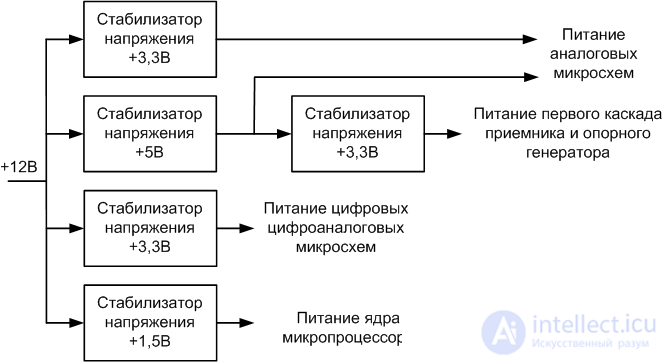
Figure 1. An example of a circuit board power circuit
The power supply scheme of electronic equipment depends on its complexity, size and consumption of the current ***. In the simplest electronic devices for their power is enough to connect the battery or battery. In more complex power stabilizers will be required for individual chips. As mentioned earlier, the following are used as secondary power sources:
It should be noted that in modern equipment many of the listed secondary power sources can perform the functions of each other. For example, voltage stabilizers can work as power filters. Pulse voltage stabilizers can simultaneously perform the functions of a voltage transformer, increasing or decreasing the output voltage relative to the input voltage. At the same time, current transformation is also performed. Rectifiers can perform voltage stabilization functions.
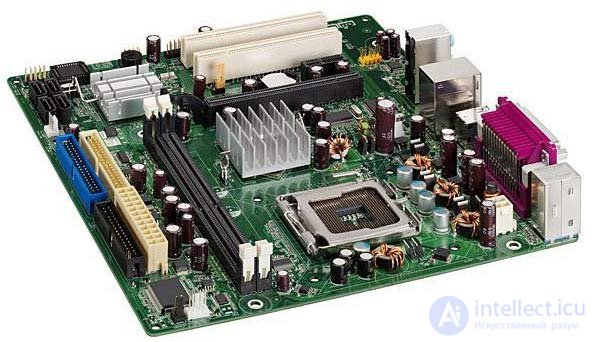
Figure 3. The appearance of the printed circuit board REA
Consider the power scheme of the motherboard computer. It is powered by a voltage of +12 V. At the same time, lower voltages are required to power digital chips. The power supply for the periphery of the microcircuits requires a voltage of +3.3 V, for the power supply of the core of the central processor & nbsb; - a voltage of 1.2 to 1.5 V. With such low supply voltages, the microcircuit consumes a considerable amount of current and then a significant voltage drop will be created on the power supply conductors and a significant release of thermal energy will occur. Therefore, power stabilizers are located on the board in close proximity to the main energy consumers - the central processor and the north bridge chip.
In order to reduce the energy consumption of the entire board as a whole, pulsed stabilizers are currently used as power stabilizers for digital microchips. As an example, Figure 4 shows a photograph of the board section, which shows the appearance of the switching power supply stabilizers.
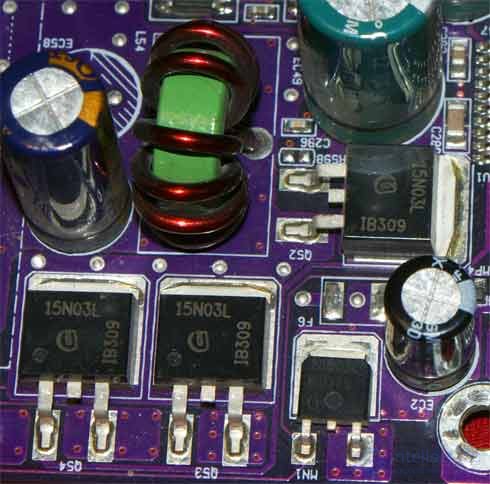
Figure 4. The appearance of the pulse power regulators
In the receiving and transmitting equipment, there are increased requirements to the level of pulsations of the secondary power source. Therefore, in the schemes of these devices, compensatory stabilizers are still often used, which have a rather low efficiency. At the same time trying to use compensatory stabilizers with low voltage drops. They are well suited both in terms of efficiency and in terms of good noise filtering on power conductors. In some cases, they completely replaced the filtering LC and RC-chains.
Recently, AC-DC and DC-DC power modules have become widely used as secondary power sources. The application of these power modules can significantly reduce the time to develop new circuits of electronic devices. In addition, the use of DC-DC converters can reduce the ripple voltage of the supply voltage and in some cases increase the efficiency of electronic equipment. Figures 5 and 6 show the appearance of DC-DC converters.
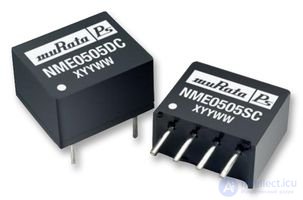
Figure 5. Appearance of DC-DC converters
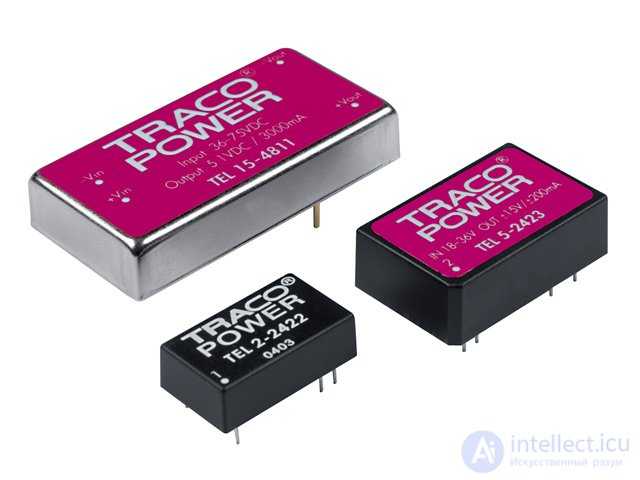
Figure 6. Appearance of DC-DC converters
Comments
To leave a comment
Power supplies for electronic equipment
Terms: Power supplies for electronic equipment